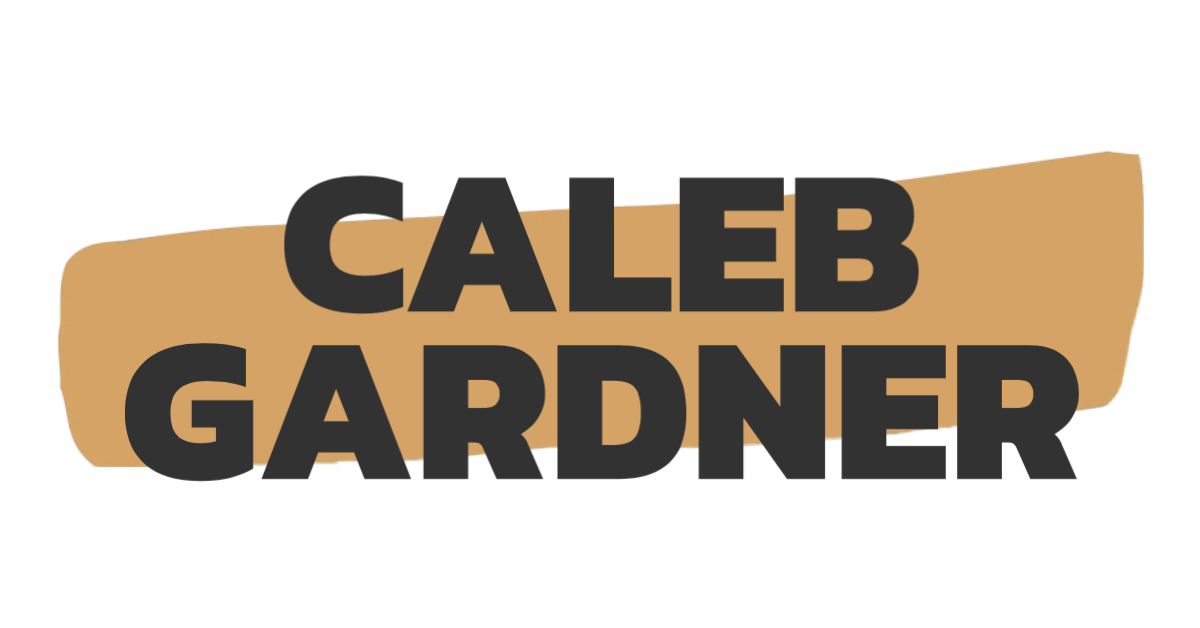The war in Ukraine is providing us with a myriad of case studies about the application of digital tools in ways they weren’t necessarily designed for: from Google Maps providing real-time information about Russian troop movement, to passionate pleas on Twitter by the Ukrainian president, to Facebook blocking Russian state media. It’s been surreal watching a 20th-century style war play out on 21st-century media.
Read MoreYesterday I wrote a long LinkedIn post with my thoughts about why a new feature it’s testing—the ability to turn on and off political content—is ethically dicey idea at best, and why it has has the potential for harm.
When you create tools for the public, especially when you have the size and influence of a company like LinkedIn, you have a moral responsibility to think beyond the experience of the individual user.
Read MoreLast week I attended a one-day conference called “Leading For Good” at Loyola’s Baumhart Center for Social Enterprise and Responsibility, aimed at bringing together social and civic minded corporate executives from around the Chicago area. The connections and conversations were good, but in all honesty, I left frustrated that the conversation still mostly centered around whether or not a business should be doing good, rather than how it should go about doing it.
I guess I shouldn’t have been surprised. We have no common definition of business “purpose”, and no shared ethical framework for how to evaluate whether or not the decisions made by a business can be considered “good.”
Read MoreEarlier this week I spoke at a class at Loyola University on Ethics & Communication—a topic highly relevant to our time. I was specifically asked to give my opinion on “Ethics in a Digital World.”
Here’s what I listed as the five biggest issues that concern me right now.
Read More

